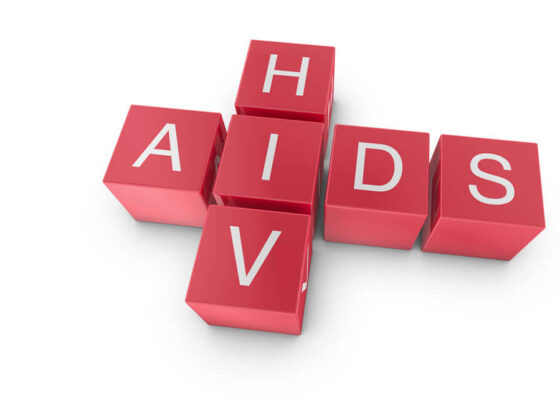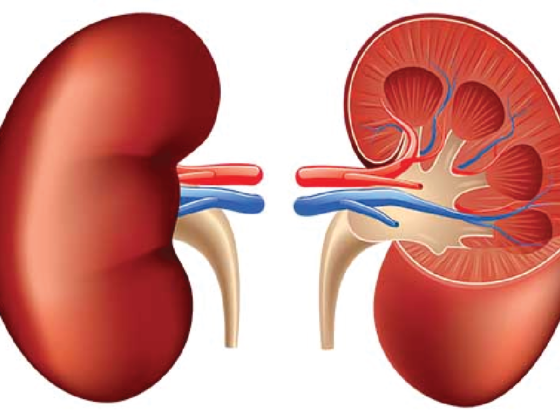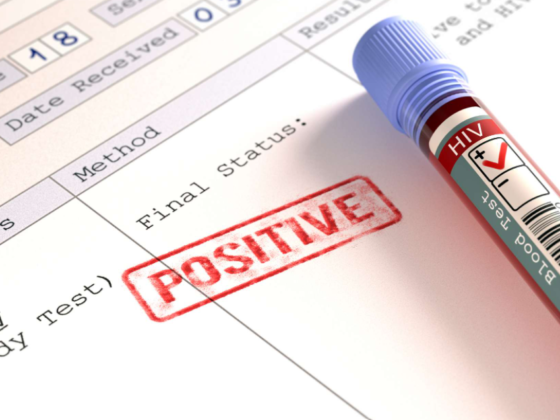Uganda is developing a National Health Insurance Scheme (NHIS) law to pool resources, where the rich will subsidise the treatment of the poor and the healthy will subsidise the treatment of the sick, young and elderly (NHIS Bill, 2019). However, community health insurance (CHI) and private commercial health insurance, which are currently covering about 2 percent of the population and are anticipated to play a key role in the implementation of the NHIS, as the case is in other African countries1, are not recognised in this Bill. Consequently, vulnerable and low income segments of the population, particularly those in the informal sector, stand a risk of taking too long to be enrolled or being left out completely. In addition, CHI initiatives which have been running for over 20 years are likely to remain unregulated.
Despite implementing a free healthcare system since 2001, which presumes free access to healthcare services at public facilities, many Ugandans face financial challenges in accessing healthcare services due to high out-of-pocket payments which stand at 42 percent2. The actual percentage of household out-of-pocket expenditure to the current health expenditure increased from 33% in 2014/15 to 37% in 2015/16. In 2013, about 13.8 percent of households in Uganda faced catastrophic health expenditure and about 11 percent of people with illness were unable to obtain treatment due to financial barriers4. The Uganda National Household Survey 2016/2017 analysis shows that in Uganda, 3 percent of the population is driven into poverty due to out-of-pocket payments (WHO, 2017). A National Health Insurance Scheme is therefore needed to address these barriers.
The biggest question however is how equitable this scheme will manifest in view of the fact that, some of the targeted contributors are already contributing to the pension fund and National social Security funds. The Employment Act 2006 clearly stipulates that, an employer shall not vary employee’s benefits/salary without the employee’s explicit permission. This raises a legal lacuna including Workers Compensation Act which provides for Injury specific compensation incase of injury at workplace
However the better side of the proposed legislation codifies Community Health Insurance (CHI), also known as Health Micro-Insurance, Micro-Health insurance, Community Based Health Insurance (CBHI) or Mutuelles, which was first introduced in Uganda in 1996 at Kisiizi hospital, Rukungiri district.
Since then, the number of CHI schemes has grown to 29 registered under Uganda Community Based Health Financing Association (UCBHFA), spread to 32 districts, contracting more than 50 healthcare providers of all levels and type, and covering about 156,000 individuals. Access to healthcare services has improved for the members and they have been protected from catastrophic health expenditure. Potentially, CHI schemes can provide an effective way of reaching families in the informal sector and can act as the distribution channel for the NHIS.
There are 6,937 health facilities in Uganda owned by government (45.16%), Private and Not For Profit (14.44%), Private For Profit (40.29%) and community-owned (0.10%). Access to health services at the different levels of care ranging from Health Centre I to National Referral hospitals is designed to follow a referral arrangement. The government meets the cost of services at public health facilities as well as other components of health including promotion, prevention and rehabilitation services. For people to access services at the non-government health facilities, they have to mobilize financial resources to pay the healthcare bills. Experiences from CHI schemes show that everybody should contribute a premium to generate a sufficient pool for paying for the services. When everybody contributes, a big pool is created and everybody can access services. In order to reach everybody and take services closer to the people, both private and public health facilities will have a role to play.
The biggest challenge for the scheme will be the availability of quality health products and services at service centers. The other issue is the distance travelled to access the services at health centers. Most expectant mothers resort to the Traditional Birth Attendants because of accessibility. They are a call away from the patient hence the need to improve TBAs skills at community and Household level.
It can be argued that the NHIS is long overdue as a universal scheme to benefit every resident in Uganda. This is important to improve health financing in the country as well as the health status of the population. It has also been argued that the success by other countries of the NHIS in reaching universal health insurance coverage has depended on the success of CHI schemes. It is however crucial that the right to equitable health services should be the back born of the schemes in Uganda.
Benard Mujuni is a policy analyst










